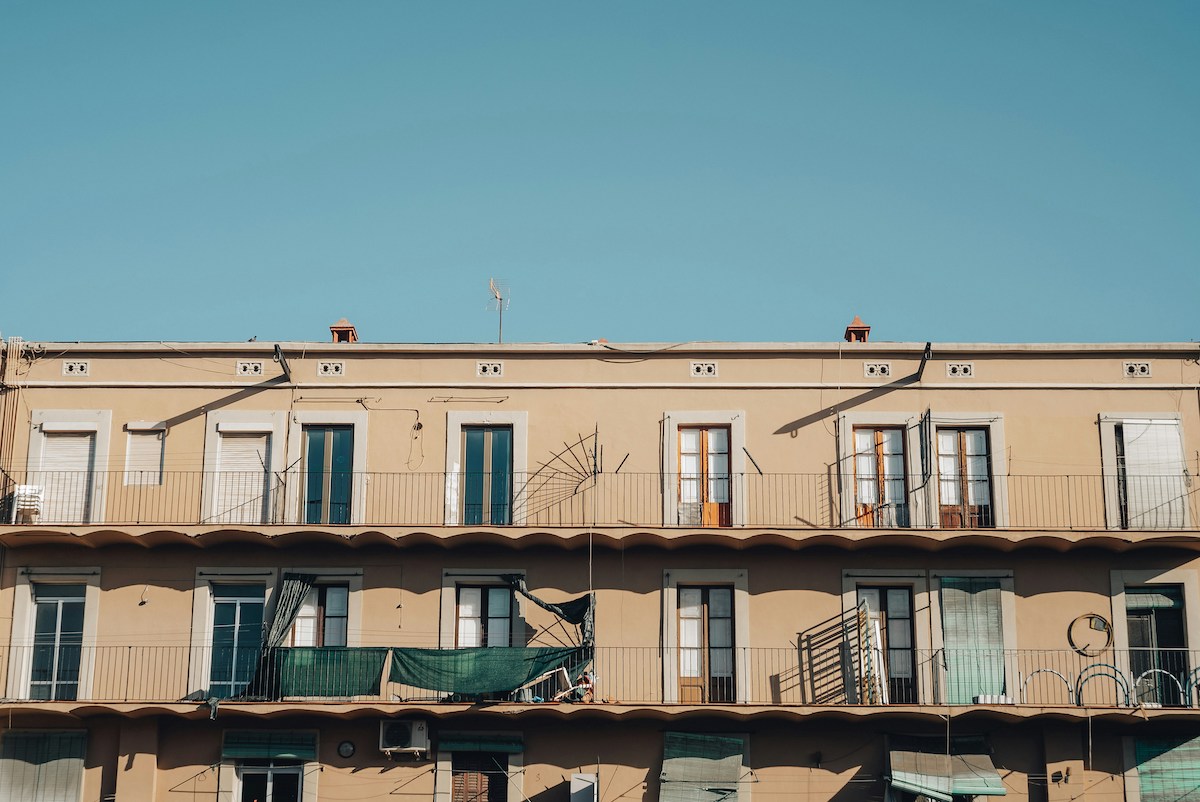
The Airbnb Effect | No Room Left For Locals
Tourist dwellings have become the go-to option for city breaks. Having your own flat allows you to feel and live like a local. But what about the real locals? Find out how short-term rentals are creating a crisis.
Airbnb began in 2008 as a platform offering short and long-term housing rentals. Today, it is the most well-known company for short-term housing. There are over 5 million hosts renting accommodation on the platform which operates in over 220 countries and regions around the world. Airbnb’s popularity has created ‘The Airbnb effect’, where tourist cities have seen a boom in tourist dwellings. Any property owner can apply for a tourist use licence and rent out their property on online platforms such as Airbnb and booking.com. The problem is everywhere, and, thanks to the profitability of short-term rentals, the number of properties available is going up.
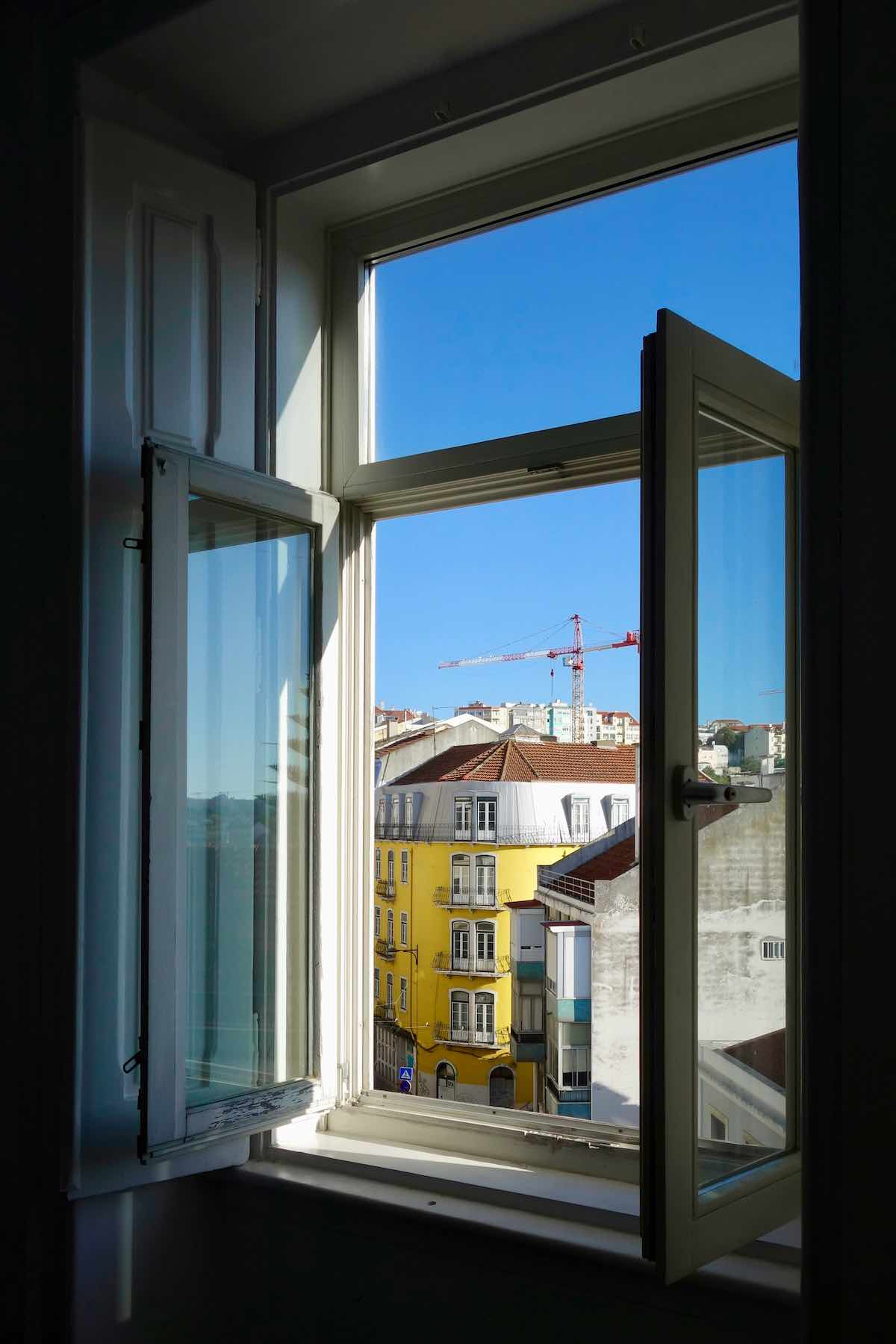
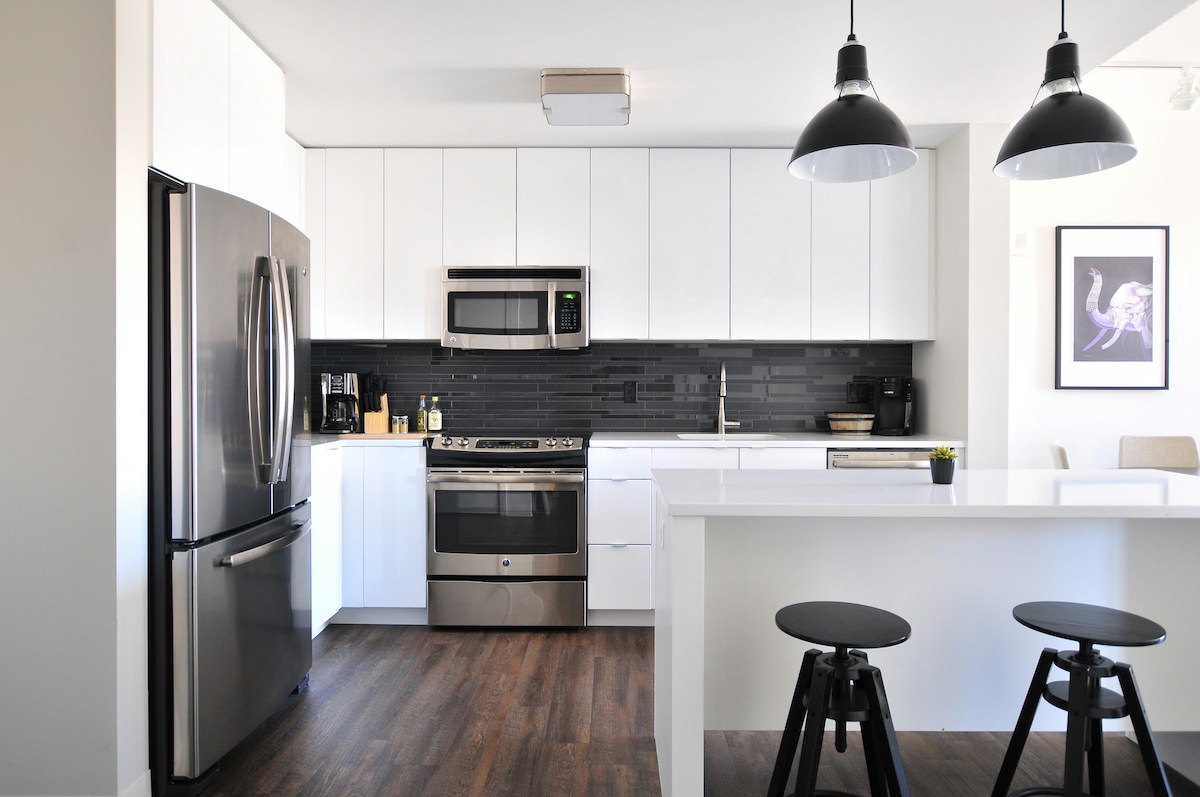
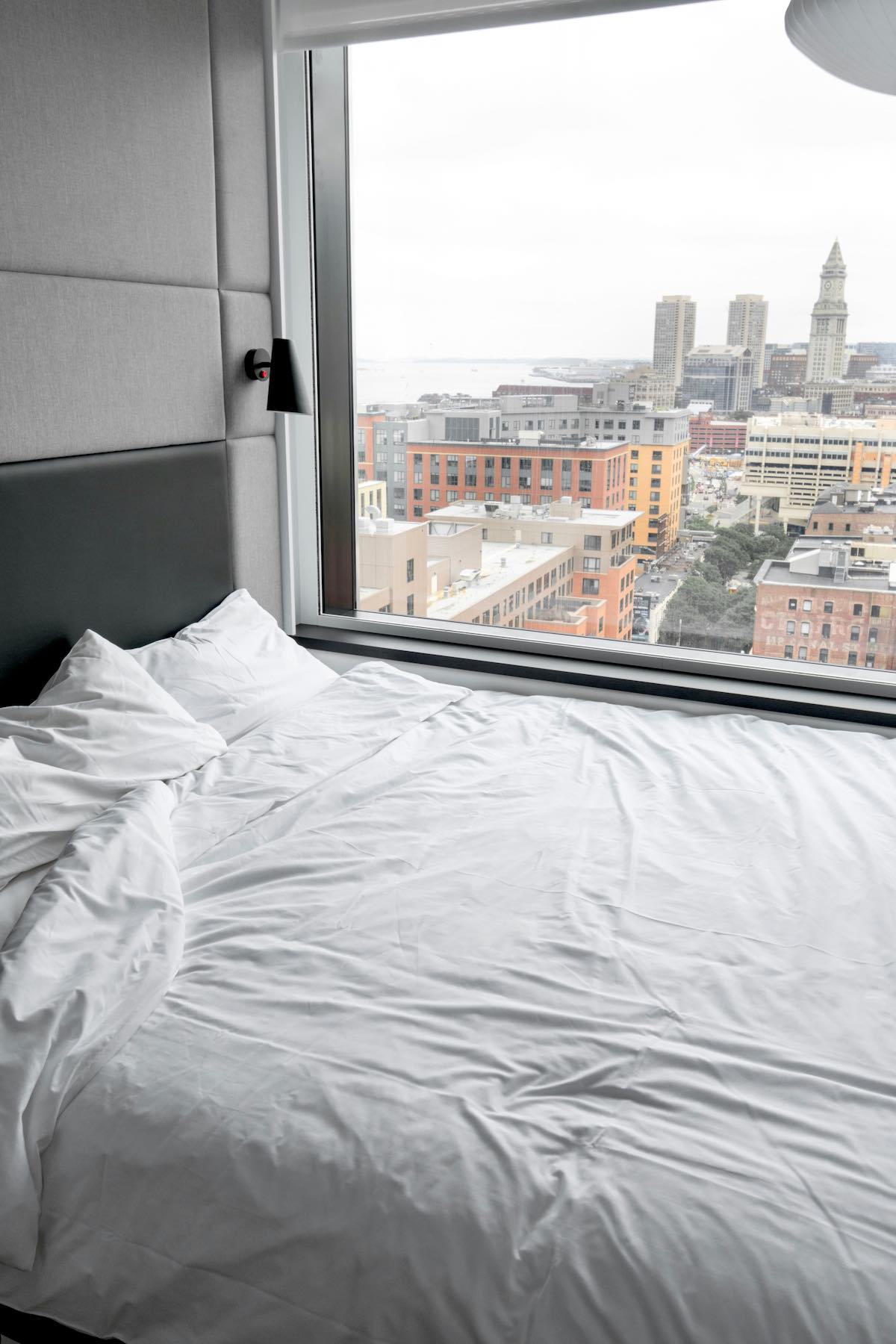
ADVANTAGES TO TOURIST DWELLINGS
Short-term rentals like Airbnb provide travellers with unique, flexible and affordable lodging options. Visitors can choose a neighbourhood that suits them, with larger options of prices and amenities on offer. Having a kitchen in your accommodation can also protect your budget from being spent on eating out multiple times. The privacy of having your own place is also appealing to visitors. Tourist dwellings allow travellers to journey to places they might have overlooked due to limited hotel options or unfamiliarity with the area.
For renters, tourist dwellings are an easy way to make money. Whether you want to rent your home whilst you’re away or convert it into a full-time rental, anything is possible.
WHAT’S WRONG WITH TOURIST DWELLINGS?
Unfortunately, the booming popularity of these dwellings has made the negatives overshadow the positives. More and more cities are facing housing crises, cultural problems and other disruptions thanks to short-term rentals. The ever-growing number of these accommodations has an extensive list of problems attached.
The growing number of people renting out accommodation as tourist dwellings means that there are fewer properties available for locals. Remaining housing prices are driven up, and locals are displaced as a result. If it’s not the prices driving locals out, there are many other incentives. Tourist areas have increased noise pollution, thanks to the busy bars and larger crowds in the streets. These areas are also more likely to have waste problems, since tourists may not want or know how to dispose of their waste correctly. Security concerns have also risen since theft has become more commonplace. All of these issues can cause high levels of tension between tourists and locals that remain in the area. In many cities, visitors will see graffiti telling them ‘Tourists go home’ and they may face hostility from the local community.
Once locals are forced to leave areas that are becoming overly touristified, new problems arise. Finding employees for restaurants and hotels in busy neighbourhoods is increasingly difficult when the cost of living in the centre is so high. Workers choosing not to travel into or live in these areas means that many restaurants are facing closure due to a lack of staff. The growing number of tourists and decreasing number of staff available increases the pressure on local infrastructure and services not designed for heavy tourism.
Cultural erosion is also a big problem in neighbourhoods that have changed to appease tourists. Once special areas are shared on social media and become overrun by tourists. Unfortunately, tourists often fail to respect these areas leading to their destruction, either from overcrowding, and waste, or they have to be closed for safety concerns.
As tourist dwellings become more commonplace and spread outside the city centre, the issue threatens to spread further, with gentrification and displacement growing.
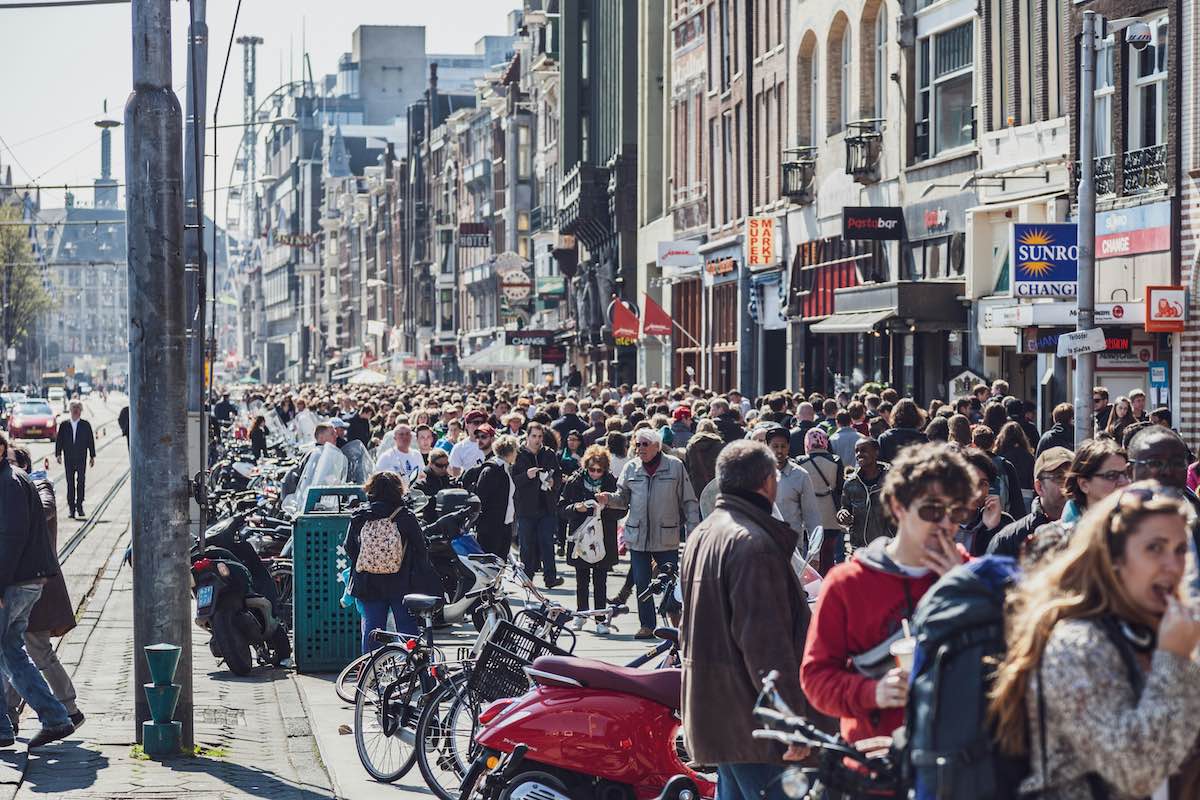
CITIES TAKING ACTION
BARCELONA
Barcelona’s residents have had enough of the housing crisis exacerbated by the rise of short-term rentals like Airbnb. The city has announced a total ban on short-term rentals from the end of 2028. This move will return 10,000 apartments to the housing market. Zoning laws are also being adjusted to limit the areas where short-term rentals can operate, along with licensing systems.
The community activism enacted by Barcelona’s residents played a big role in pushing for these changes. Recently, there has been a growing movement worldwide against overtourism, particularly strong in Spain. Rents in Barcelona have increased by 70% in the last 10 years, and the cost of buying a house has risen by nearly 40%. While some argue that fewer tourists could increase unemployment, the movement against overtourism is strong and the Mayor of Barcelona is not the only one starting to take action.
NEW YORK
The Big Apple has long been a tourist hot spot infamous for its high prices. Short-term tourist dwellings were a popular option when staying in the city centre to avoid the high hotel prices. But in 2023, New York’s new rule to fight short-term tourist dwellings came into effect. The increasing housing prices for locals and the high number of illegal listings meant the city had to act.
In 2023 New York banned people from renting their home for fewer than 30 days at a time, unless the host is staying with the guests. These rules apply to certain zones in the city centre. They aim to boost the hotel industry and ease the housing affordability crisis. Hosts must register with the city, providing detailed information about their listings and the city has increased enforcement efforts and imposes hefty fines on illegal listings.
Unfortunately, now tourists are flocking to areas outside of the banned zones, such as New Jersey where tourist dwellings are thriving.
VENICE
This charming Italian city is taking many steps to tackle excessive tourism. Venice, the capital of Italy’s northern Veneto region, consists of hundreds of canals and is extremely popular with tourists. The city is unable to handle this amount of visitors and now faces waste problems, overcrowding and tension between the remaining locals and tourists. This has led to measures such as banning large groups, banning the use of loudspeakers and implementing a tourist tax of €5 per day.
There are now more beds for tourists than residents in Venice with around 20 million tourists annually visiting a city of roughly 50,000 residents. As a result, the city has imposed a ban on new short-term rental licenses in certain historic neighbourhoods, aiming to preserve housing for residents and curb over-tourism. Additionally, the Mayor of Venice has announced further plans to discourage individuals from renting out their properties for more than 120 days a year.
MALAGA
The mayor of Málaga, Francisco de la Torre, has sent a letter to the Minister of Industry and Tourism, Jordi Hereu, in which he proposes establishing a fee for overnight stays in tourist dwellings. According to data from the Junta de Andalucía, the province of Málaga has more than 72,000 tourist-use dwellings, and there are more than 12,000 units in the city alone.
After stating in an interview with the EFE agency that it is “evident that tourist housing has increased rental prices”, the mayor of Málaga has announce the funds collected would be used to subsidize the rent for families in situations of social exclusion.
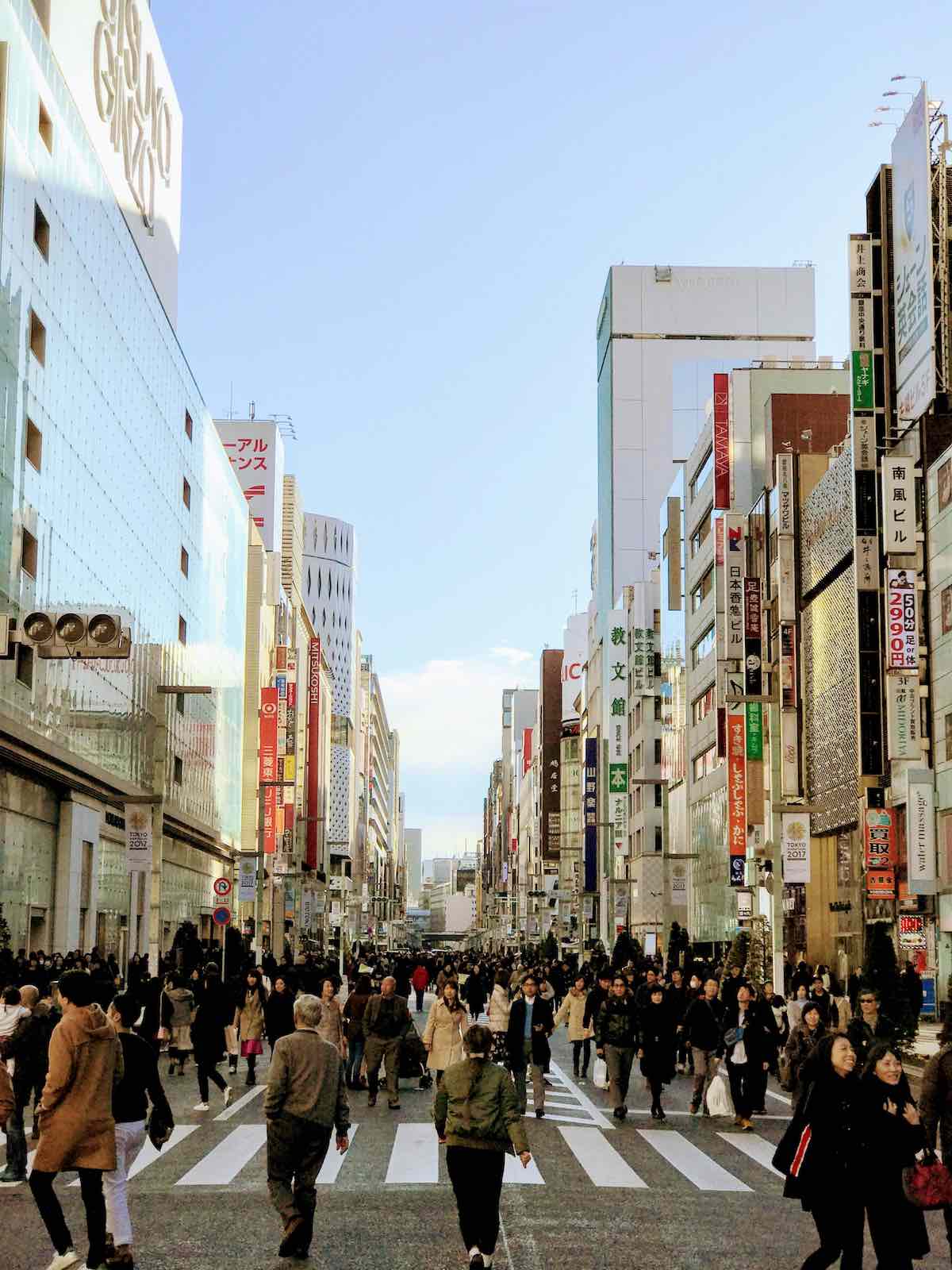
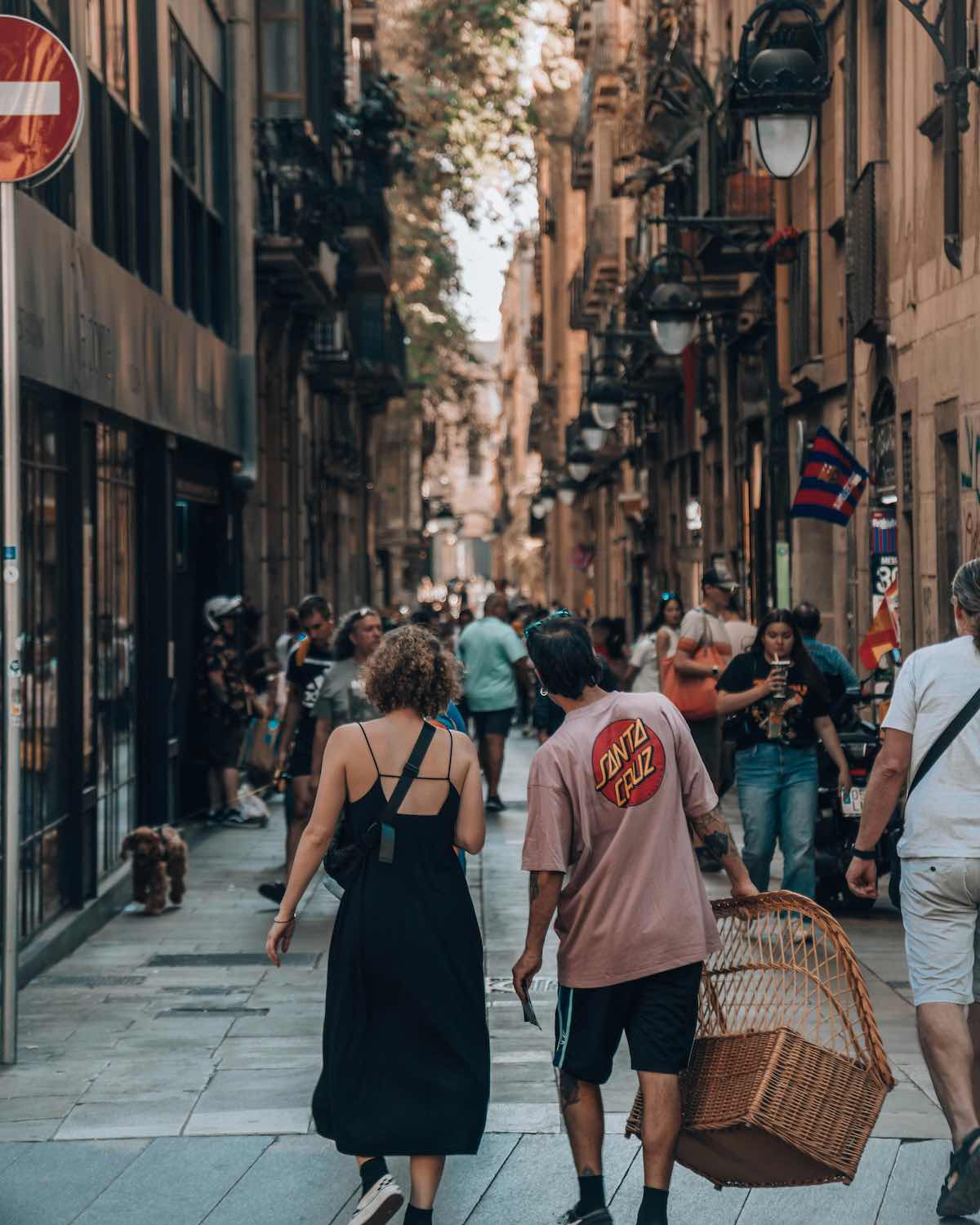
ALTERNATIVE SOLUTIONS FOR YOUR NEXT TRIP
While short-term rentals are convenient, exploring alternatives is essential. Overtourism has many problems, such as waste and overcrowding. Visitors should take steps to help where they can.
Opting for locally-owned hotels or guesthouses supports the local economy where you are staying. Check that your accommodation prioritises the local community and cares about its surroundings, rather than being solely profit driven. It is crucial to do some research before choosing where you stay.
Another alternative to renting your home out or staying in an Airbnb is house swapping. Websites such as Home Swap allow you to exchange your home with someone in another location, saving money without interfering with the housing market. Additionally, homestays are a great way to immerse yourself in the local culture and lifestyle.
+ Highlight Image: ©Karsten Winegeart via Unsplash






